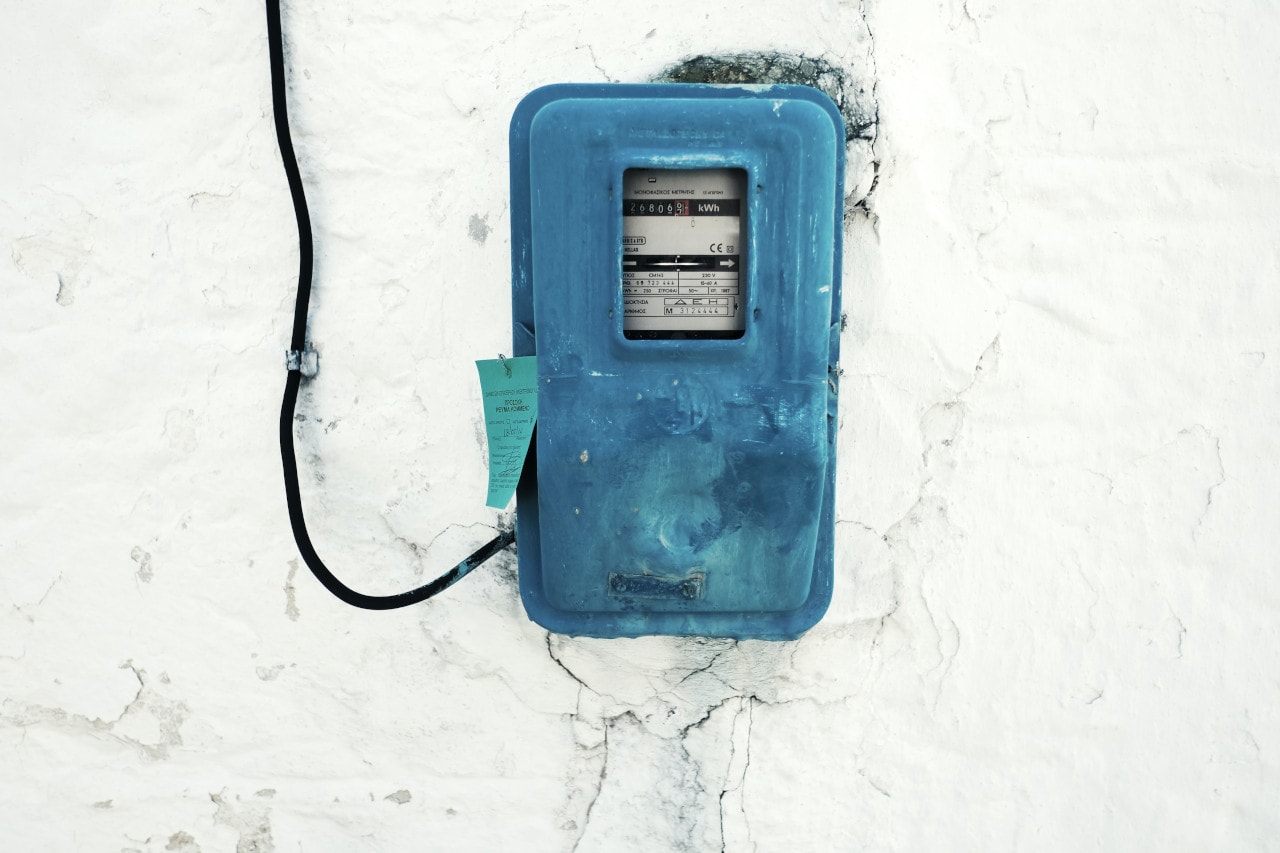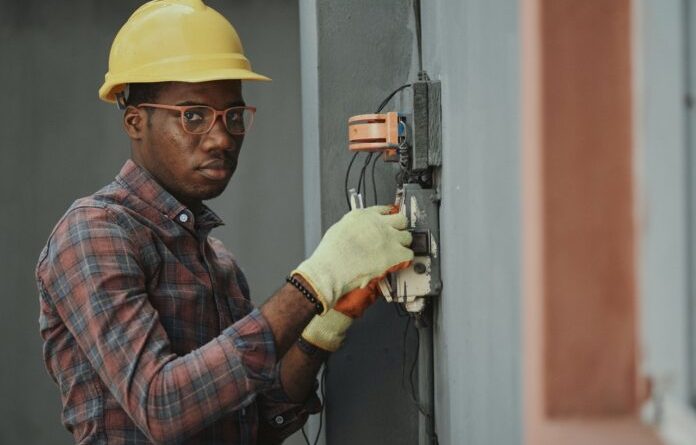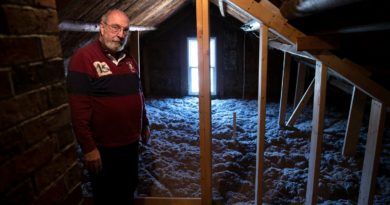Are Home Energy Audits Worth it? – Greener Ideal
Energy Disrupter

Businesses often offer homeowners home energy audits, which they claim will increase home efficiency and cut down on homeowners’ monthly energy costs.
But are home energy audits actually worth it? The answer may surprise you.
A homeowner would have to save an average of about $500 a year if their home were 100 percent efficient, which might sound like a lot.
But, homeowners should keep in mind that energy audits are not free. Add up the fee for the audit itself, the fee for having contractors come out to your home to fix any home efficiency problems identified by the auditor, and other related costs – it could be more than you’d save by having the audit completed.
Home audits may be worth it for homeowners looking to save money on their utility bills. However, if you’re still with energy conservation basics, you should be slashing your electric bill already.
However, homeowners should keep in mind that home audits are sometimes still offered free by local power companies or municipalities. They should request an energy audit if an offer like this comes their way.
House energy audits may not always be the most effective home improvement spending. So before you plan your home renovation based on an energy audit, make sure you do some research and figure out what’s best for your home and wallet.
What are the results like when homeowners do energy audits on their own? Do they cut down costs either right away or in the long term? What is involved in-home power audits, and what should homeowners keep in mind? We’ll be answering these and more questions below.
How do home energy audits work?

Home energy audits involve going through your home and checking appliances and anything that might use a lot of electricity. It also involves checking lights, insulation, windows, and heating equipment.
The energy auditors start by meeting with homeowners to discuss their home or business and what energy audits they want done. The energy auditor will then go through the house and do home energy audits. After the energy audit is done, homeowners receive a report that tells them what they can do to cut down on their home’s energy costs.
The homeowner will either perform the audit or hire a home energy auditor to do it for them. It is worth noting that homeowners who decide to perform their home power audits should check with local ordinances first to ensure that there are no laws against performing home energy audits.
Some cities prohibit individuals from doing home energy audits without a permit.
The first step of home energy audits is assessing the house by checking insulation, airflow, and windows. At home, homeowners can check to see if their home has a sufficient quantity of insulation under the floor and in walls.
Since heat rises, home energy audits recommend increasing insulation levels in homeowners’ attics that have insufficient amounts rather than increasing it under the floor where there is already sufficient weight.
Homeowners should check airflow to ensure the home’s vents are not blocked or leaking. Homeowners can use a smoke stick to check home air circulation.
Energy Leaks
Windows are also checked. If they’re single panes, homeowners should consider buying insulation window shades to keep the heat inside during the winter and vice versa in the summer.
Homeowners can also check for energy leaks themselves. For instance, check for air leaks using your hands to feel around your home’s doors and windows, and look for any gaps that can let in air.
The home’s furnace and water heater should also be checked to ensure that they are clean and in perfect running conditions.
A home energy audit typically costs homeowners around $50-$200, depending on how much work needs to be done; however, you may save money by doing the audit yourself.
However, if several homeowners in an area have consistent utility bills, those owners may be willing to share information about how they performed their home energy audits.
If they are willing to share how they perform on energy audits and reduce energy consumption, homeowners may learn how their neighbors saved money.
Who should conduct a home energy audit?

Homeowners can do power audits themselves or hire home energy auditors to come in and perform the home audit for them. Homeowners who don’t want to do energy audits themselves should hire home energy auditors registered with the state or local government.
In doing the audit, consider looking into the following areas:
- Heating and cooling equipment, including air filters
- Insulation usage and look into any areas that require additional insulation
- Explore ways to turn off the lights when people aren’t in a room
- Check appliances to see if they are energy efficient or need replacing
What are some benefits of home energy audits?
There are many benefits to home energy audits, including:
- Saving money by reducing homeowners utility bills
- Reducing homeowners’ carbon footprint
- Reducing homeowners’ environmental impact
Home energy audits help reduce a homeowners’ carbon footprint, environmental impact, and utility bills. Energy audits can also help homeowners get money back from the government under home improvement rebate programs.
What is a good home energy score?
A home energy score is a home’s “grade” based on its energy usage. Energy Star has designated the following tiers for home energy scores: Outstanding (90-100), Excellent (80-89), Very Good (70-79), Good (60-69), and Fair (0-59).
Homeowners who want to achieve home energy efficiency can use home audits to help them make efficient changes.
Conclusion:
When it comes to home energy audits, the decision of whether or not to have one done is really up to homeowners. If homeowners are looking for ways to cut down on their home’s energy costs, they may want to consider having an energy audit done.
Have you had an energy audit at home? Was it worth it? What did you learn about your energy consumption? Please share in the comments section below.
Save money by converting your home to solar power. Calculate your savings.
Original Source: https://greenerideal.com/news/energy/are-home-energy-audits-worth-it/
















